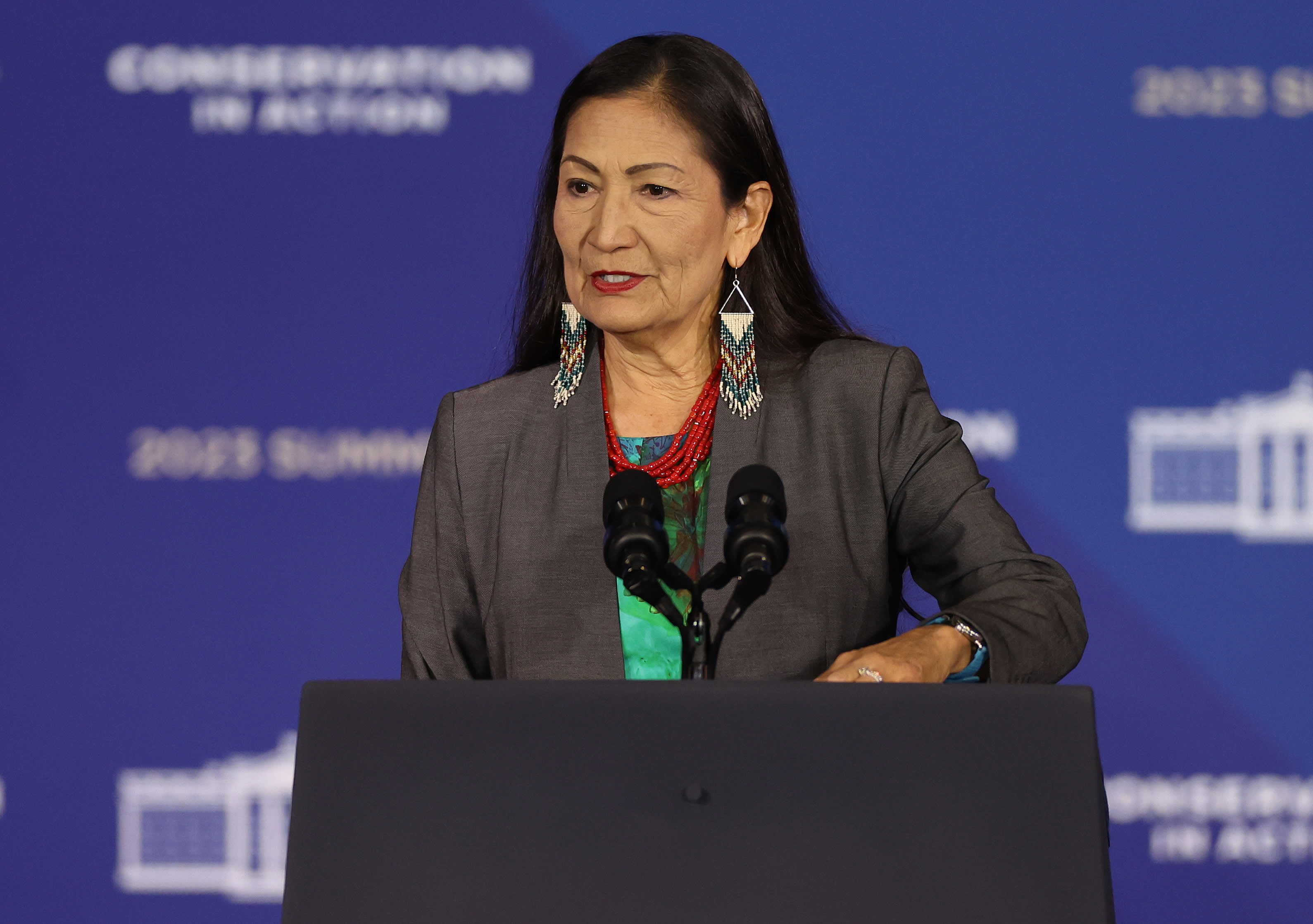Progressive taxation is going to be the biggest in front of the General Assembly in 2014. The Democrats want to put a constitutional amendment for a graduated income tax, and they have the three-fifths majority necessary to do it, if their caucuses stick together.
The Republicans think progressive taxation is socialism, even though that’s how the federal government and 34 states collect income taxes: the more you earn, the higher your tax bracket.
“It would be the final nail in the coffin for Illinois,” Rep. David McSweeney, R-Barrington Hills, told the State Journal-Register, predicting a progressive tax would scare away business and unfairly penalize family farms.
The Democrats’ proposal is supported by reports from the Center for Tax and Budget Accountability, a bipartisan think tank. The Center argues that a flat tax -- which was written into the state’s 1970 constitution -- is an inefficient means to fund Illinois, because it doesn’t account for the widening income disparities of the last three decades. During that period, real income has fallen among the bottom 70 percent of earners, while rising among the top 30 percent. Yet the share of income paid in state taxes has not changed.
Local
As the CTBA wrote in a 2012 report titled “The Case for Creating a Graduated Income Tax in Illinois”:
From a fiscal standpoint, focusing tax burden on low- and middle-income families also makes no sense, because it fails to respond to how economic growth is actually distributed across different income brackets. Simply put, focusing taxes on a demographic that loses income in inflation adjusted terms over time necessarily means revenue collection will not keep pace with the economy, because taxation is being focused where the economy is contracting not where it is expanding. That is why the lack of fairness in the state’s income tax helps contribute to ongoing structural deficits in the Illinois General Fund.
Given an appropriately designed graduated rate structure, Illinois could cut the overall state income tax burden for 94 percent of all taxpayers—on average providing a tax cut to every taxpayer with less than $150,000 in base income annually, raise at least $2.4 billion more in revenue, and keep the effective individual income tax rate for millionaires well below five percent.
The CTBA reiterated its calls for a progressive income tax this year, in a report titled "Flawed Tax Policy is the Primary of Illinois' Recurring General Fund Deficits":
[T]o both tax people more fairly and to respond better to how income growth is distributed in the modern economy, Illinois should pass a constitutional amendment to permit using a graduated rate structure for its personal income tax. Illinois is one of 41 states that imposes an income tax, but is again an outlier because it is one of just seven that utilizes one, flat income tax rate that applies to all levels of income. This flat rate approach—required by the state constitution—prohibits the state from designing its income tax in a manner that is fair to people and responsive to income growth over time, by corresponding to ability to pay.
The current 5 percent income tax is scheduled to revert to 3 percent in 2015. If the Democrats pitch their plan as a fair replacement for that tax, it may have a chance to pass.



